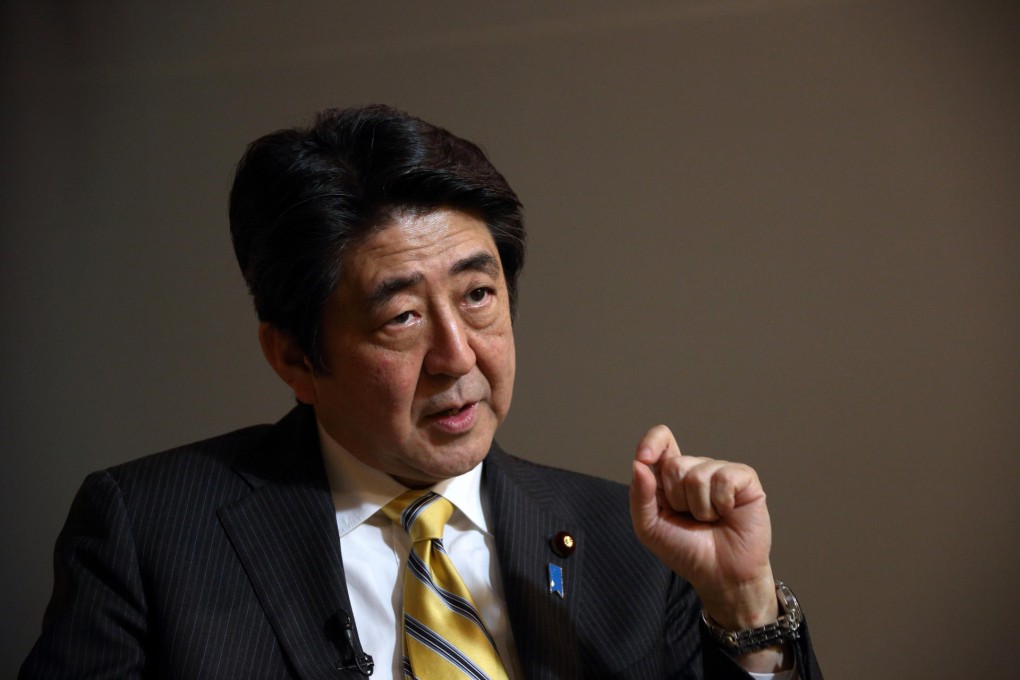Abe's economic reforms seen as falling short in Japan growth push
Prime Minister Shinzo Abe has unveiled a package of measures aimed at boosting Japan's long-term economic growth.

Prime Minister Shinzo Abe has unveiled a package of measures aimed at boosting Japan's long-term economic growth, from phased-in corporate tax cuts to a bigger role for women and foreign workers, but applause from investors is likely to be muted after Tokyo backpedalled on bolder reforms.
Private economists in a survey forecast that the plan could boost Japan's potential growth rate by 0.2 to 1.5 percentage points from its current level of about 0.5 per cent. But they noted that it would take time.
"Even after the government growth strategy is announced, various legislation must be enacted and it will take time for companies to begin to act. Therefore, it will be 10 to 20 years before the potential growth rate rises," said Kenji Yumoto, the vice-chairman of the Japan Research Institute.
Yumoto said it was possible, but very difficult, for Japan to hit the 2 per cent growth level the government says is needed to reduce its mammoth public debt.
Among the steps outlined so far is a future cut in Japan's effective corporate tax rate - among the highest in the world - to below 30 per cent over the next several years, and a promise to reform the US$1.26 trillion Government Pension Investment Fund in ways likely to reallocate more money to the stock market.
Abe urged the nation's business leaders to do more to boost the role of working women, a key plank in the growth strategy and seen as vital to address the shrinking workforce in one of the world's most rapidly ageing societies.
